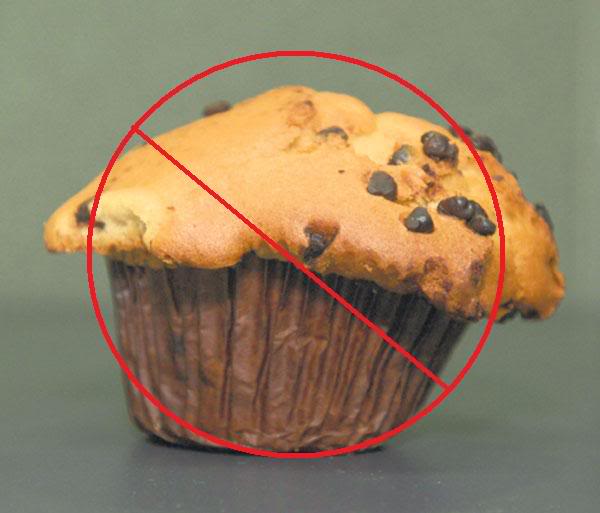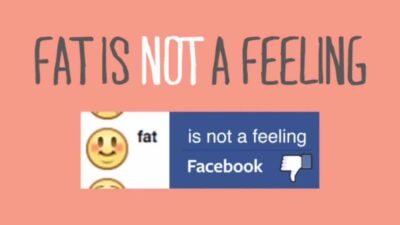My Facebook page called me fat. Maybe it’s my age, my sex or the fact that it knew I was engaged, but the site decided I was a gal who needed to drop a few pounds. And it wasn’t shy about its tactics.
This was not a close friend taking me aside, telling me in gentle tones that she’d noticed I’d put on some weight and was there anything going on in my personal life that I needed to talk about?
Oh, no. Every time I logged in to my home page, Facebook’s ads screamed at me with all the subtlety of a drill sergeant: “MUFFIN TOP.” This particular ad had a picture of someone with said affliction. For those blissfully unacquainted with the slur, it’s when a woman wears too-tight jeans and a roll of flab hangs over her waistband.


Basically, the subliminal goal of product advertising is to make you feel inadequate and ashamed, because you’re not perfect. Your teeth are yellow. Your armpits stink. You’re fat. And hairy.The targeting technology itself will be familiar to users of Google’s Gmail, which generates ads based on what its users type in the body of an e-mail. TiVo and Netflix both suggest programming based on what you’ve been watching. (Remember the “My TiVo Thinks I’m Gay” episode of “The King of Queens”?)
Facebook spokesman Matt Hicks summed up the appeal to advertisers thus:”If you’re a wedding photographer, do you want to waste your money advertising to a general audience? Or do you want to reach those that are engaged?”












Leave a Reply
You must be logged in to post a comment.